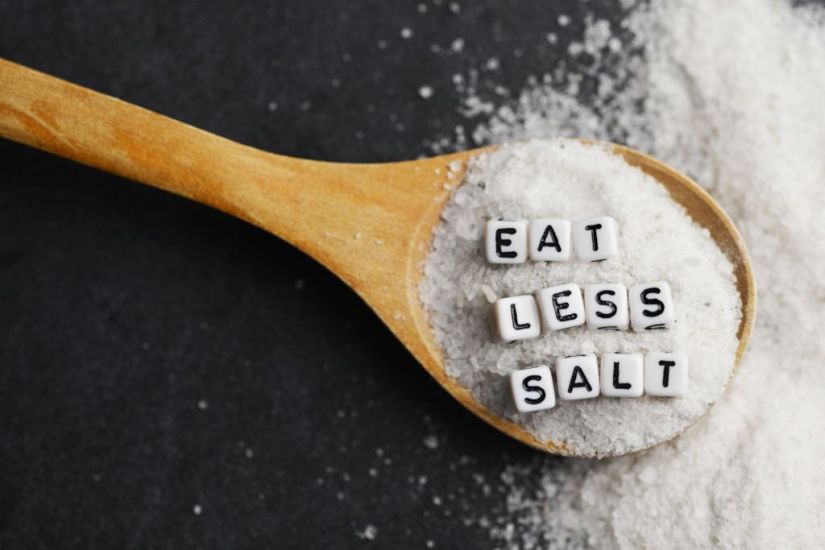
To Salt or Not To Salt?
The pros and cons of using salt in your diet has been a contentious issue for over a century. In 1904 two French doctors Ambard and Beaujard observed six of their patients who had high blood pressure also had significant amounts of salt in their diets. This led to the hypothesis that high salt intake increases blood pressure. Despite the lack of large scale research, the idea stuck.
In contrast, other European doctors in the early 1900s argued restricted salt intake could lead to apathy, nausea, muscle cramps, dizziness and vertigo.
In a review article in 1950, two authors went as far as to say, “Sodium and chloride being virtually the cornerstones on which the mammalian biochemical structure is built, it is hardly surprising that exclusion of these items from the diet ultimately results in undesirable, or even catastrophic, consequences.” (Chapman CG, Gibbons TB. The diet and hypertension; a review. Medicine (Baltimore). 1950;29(1):29-69)
In another twist, in the 1970s Lewis Dahl measured blood pressure in rats that were given a diet with 500 grams of sodium a day. (Note: this is equivalent to eating around 1200 grams of salt a day! The average salt intake in Australia is 9 grams a day.) The rats developed high blood pressure. Based on this study became the basis of the American National Heart Foundation’s recommended low salt diets. More recently researchers reviewed seven studies involving 6,250 people and found no strong evidence that low salt intake reduced the risk of heart attacks, strokes or death (Rod S Taylor, Kate E Ashton, Tiffany Moxham, Lee Hooper, Shah Ebrahim, Reduced dietary salt for the prevention of cardiovascular dis- ease: a meta-analysis of randomized controlled trials (Cochrane review). American Journal of Hypertension 2011).
In his book The Salt Fix (2017) Dr DiNicolantonio, Pharm. D. concludes there has never been any sound scientific evidence to say salt causes high blood pressure. Further, including salt in your diet helps your body produce nine natriuretic hormones which improve heart and kidney function and vascular health. Adding salt to your meal can make it more palatable so you eat more and enjoy the experience. This can boost your energy, your mood and your mental clarity. Good nutrition is key to staying healthy in your later years. This article is not medical advice. For more information, see your doctor or pick up a copy of The Salt Fix by Dr James DiNicolantonio.
We’re here to help. ☺